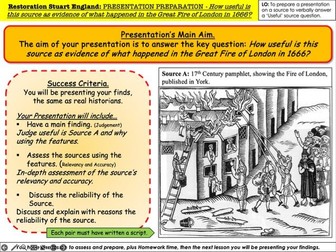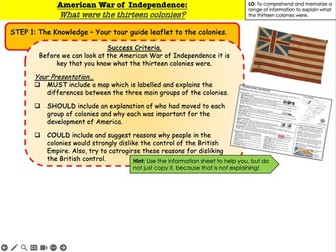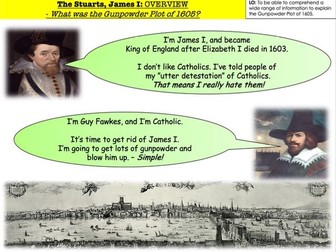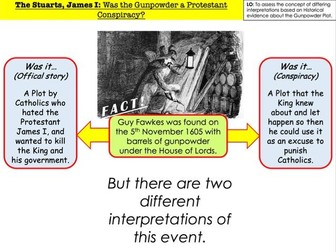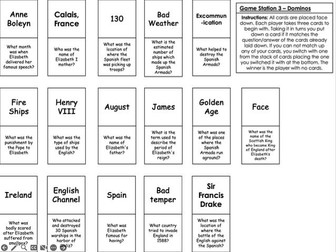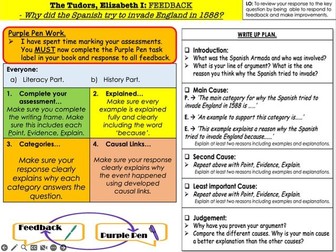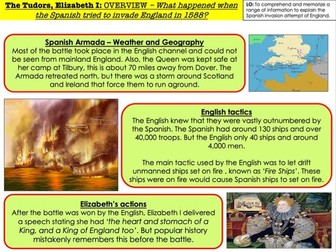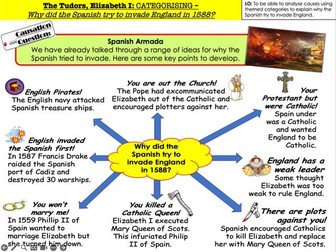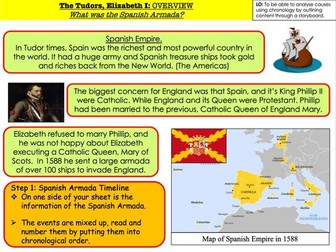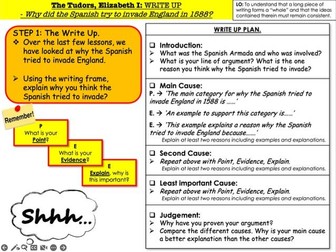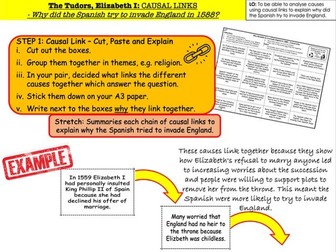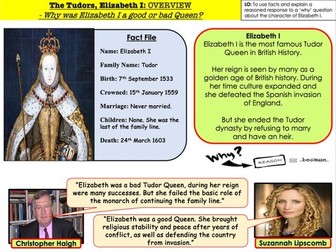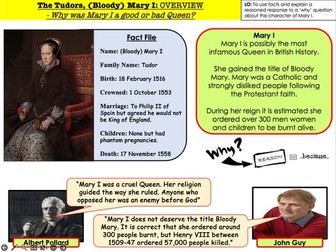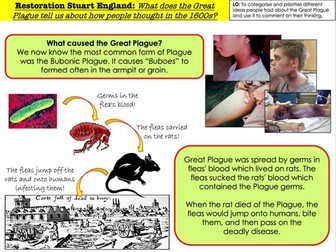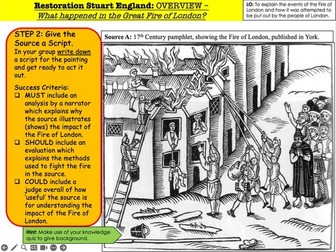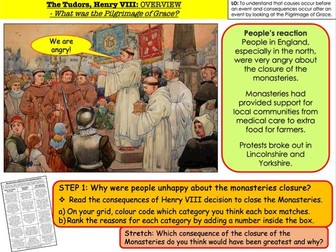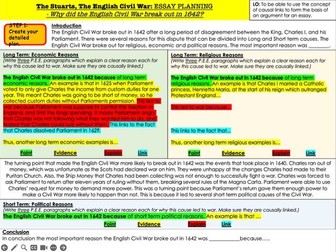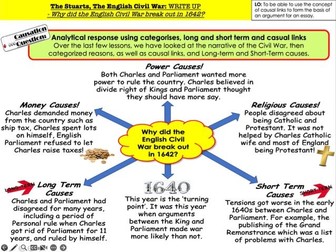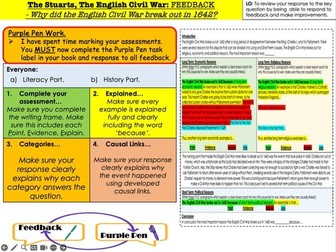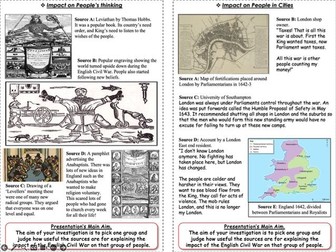How useful is this source as evidence of what happened in the Great Fire of London in 1666?
<p>Restoration Stuart England: PRESENTATION PREPARATION - How useful is this source as evidence of what happened in the Great Fire of London in 1666?</p>
<p>LO: To prepare a presentation on a source to verbally answer a ‘Useful’ source question.</p>
<p>Know what the Great Fire of London was and explain what it was using a Source.<br />
Be able to assess a source using source analysis feature concepts of Relevance and Accuracy.<br />
Prepare a presentation of a source and come to a judgement using the features.</p>
